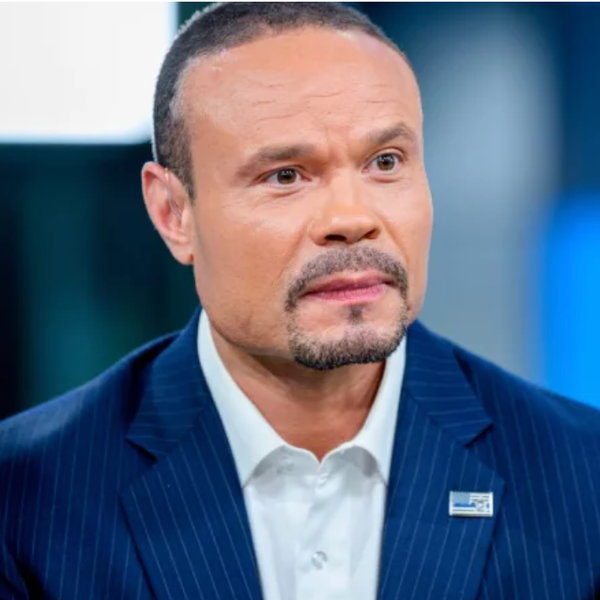Ramallah (Palestinian Territories) (AFP) – U.S. Secretary of State John Kerry’s proposals on security will lead to the “total failure” of the struggling peace talks with Israel, a senior Palestinian official warned on Monday.
Yasser Abed Rabbo, a top official with the Palestine Liberation Organisation (PLO), said Kerry’s ideas on the future configuration of security arrangements which were presented to the Palestinian leadership last week, had provoked a “real crisis.”
“These ideas will drive Kerry’s efforts to an impasse and to total failure because he is treating our issues with a high degree of indifference,” he told AFP.
His remarks were made just days after Kerry wrapped up his latest visit to the region in a bid forward to drive forward the negotiations, which have been treading water since they were launched in late July.
The proposals focus on security arrangements in the Jordan Valley which runs down the eastern flank of the West Bank, with commentators saying it would allow Israel to maintain a long-term military presence there.
Unsurprisingly, the U.S. suggestions reportedly won a positive reaction from the Israelis, but were sharply dismissed by the Palestinians as “very bad ideas, which we cannot accept.”
Israel has always insisted on maintaining a military presence in the Jordan Valley, but the notion has been rejected out of hand by the Palestinians who claim it would make a mockery of their sovereignty and merely perpetuate the occupation.
“[Kerry] only wants to win over the Israelis and [allow] settlement expansion at our expense,” Abed Rabbo charged.
Earlier on Monday, an Israeli newspaper said that Washington was considering delaying the planned release of another 26 veteran Palestinian prisoners in a bid to pressure Ramallah into agreeing to its security proposals.
Several senior Palestinian officials reacted by stressing that the leadership would not accept any delay in the releases, which are due to take place at the end of the month.
“We completely reject any postponement in releasing the third batch of prisoners who should be freed on December 29,” Palestinian negotiator Saeb Erakat told AFP by phone from Washington.
Presidential spokesman Nabil Abu Rudeina echoed his remarks in a statement to the official WAFA news agency, saying the leadership “would not accept the postponement of the release of prisoners.”
Abed Rabbo too rejected any delay in implementing the third phase of releases — one of the conditions agreed on that brought the two sides back to the negotiating table for the first time in nearly three years.
“Our position is clear; Israel should implement the agreement, period,” he told Voice of Palestine radio. “We insist on full implementation of the prisoner agreement, including releasing the third batch at the end of December.”
Last week, Haaretz newspaper said Kerry was pushing to get some form of agreement on security as a way of driving the direct negotiations forward.
“The Americans hope that if they come to an understanding with [Israeli Prime Minister Benjamin] Netanyahu on the security issue, they can demand [he] begin to present clear positions on the border of the future Palestinian state,” the paper said.
Although Kerry’s proposals have reportedly gone a long way in addressing Israel’s security demands, they have also pushed the Israeli leader in to a tight corner, commentators said.
Writing in the top-selling Yediot Aharonot, Nahum Barnea said Kerry’s plan had posed Prime Minister Benjamin Netanyahu with “a serious problem.”
“The military plan … robs Netanyahu of the immediate argument that he raised every time he was called upon to discuss drawing up the future border between Israel and Palestine: security arrangements,” he added.
The U.S. plan “reopens the internal debate on the 1967 lines and the fate of the settlements,” he said, suggesting that the pressure could cause Netanyahu’s coalition to collapse.
“In this debate, it is not only public opinion that is divided, but also the government and the coalition. If Netanyahu has to decide where he is headed — a constraint he abhors — he will find a government that is headed for a split,” he wrote.








